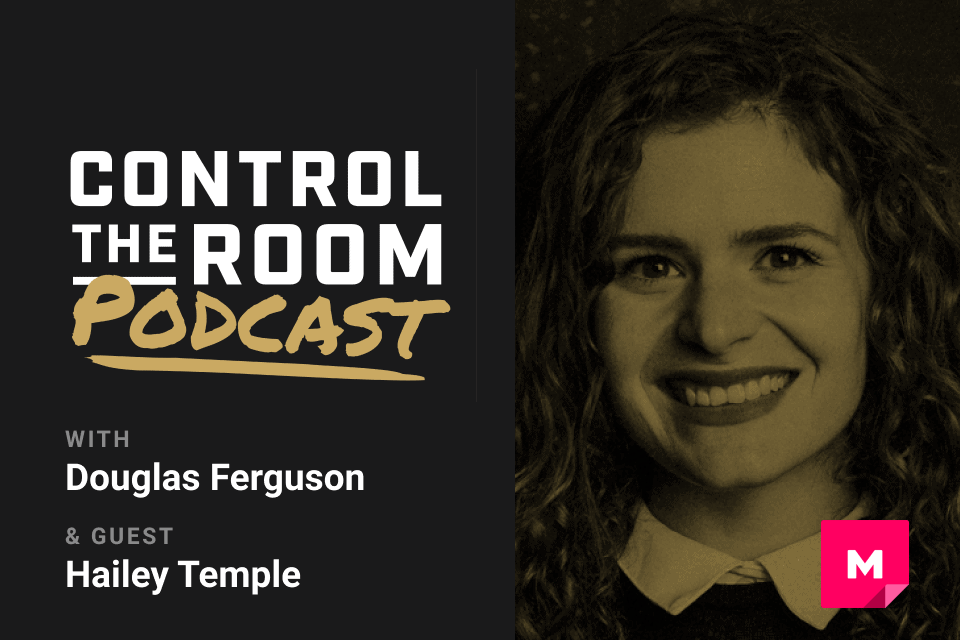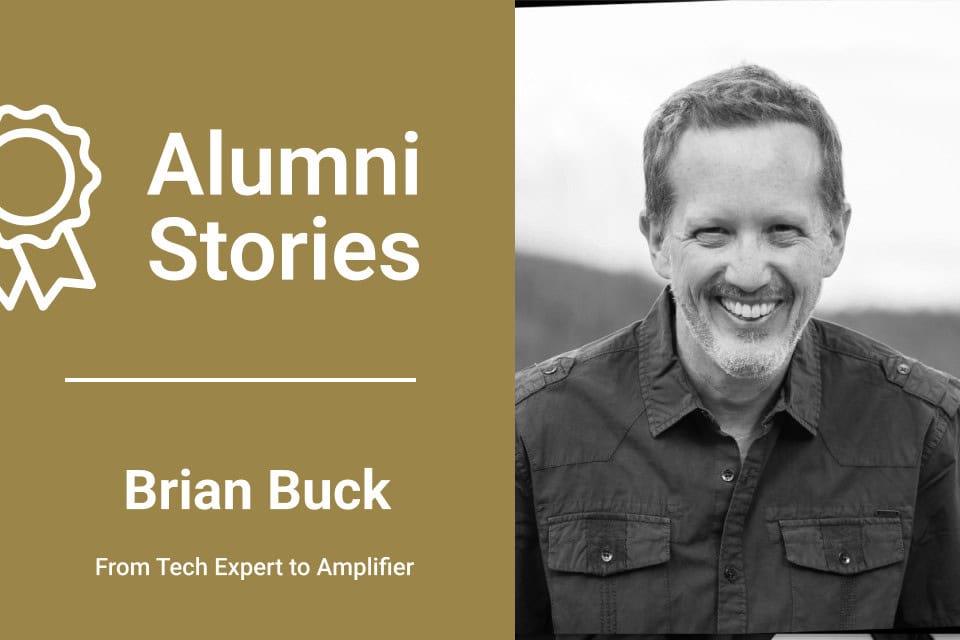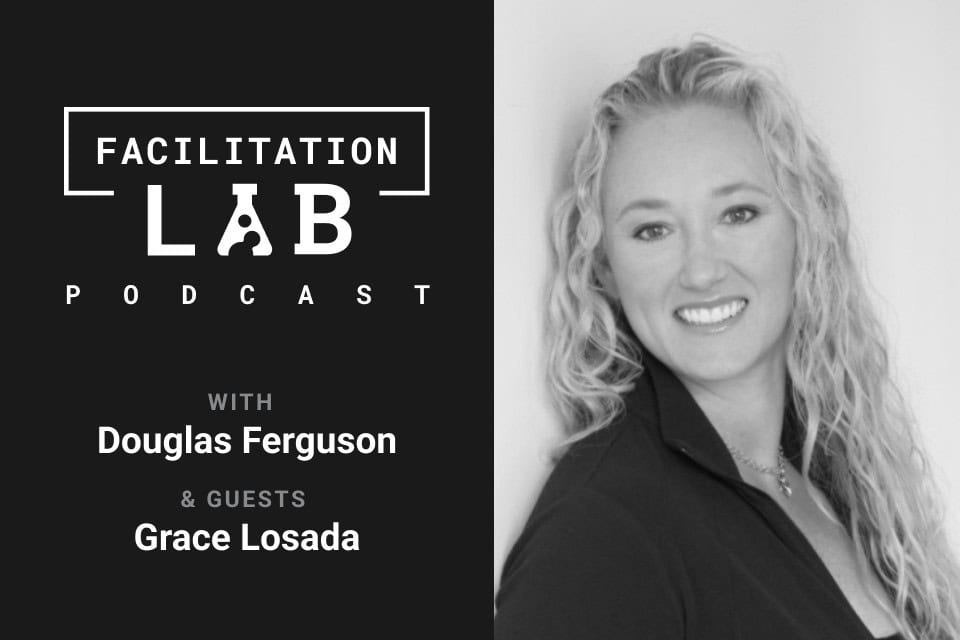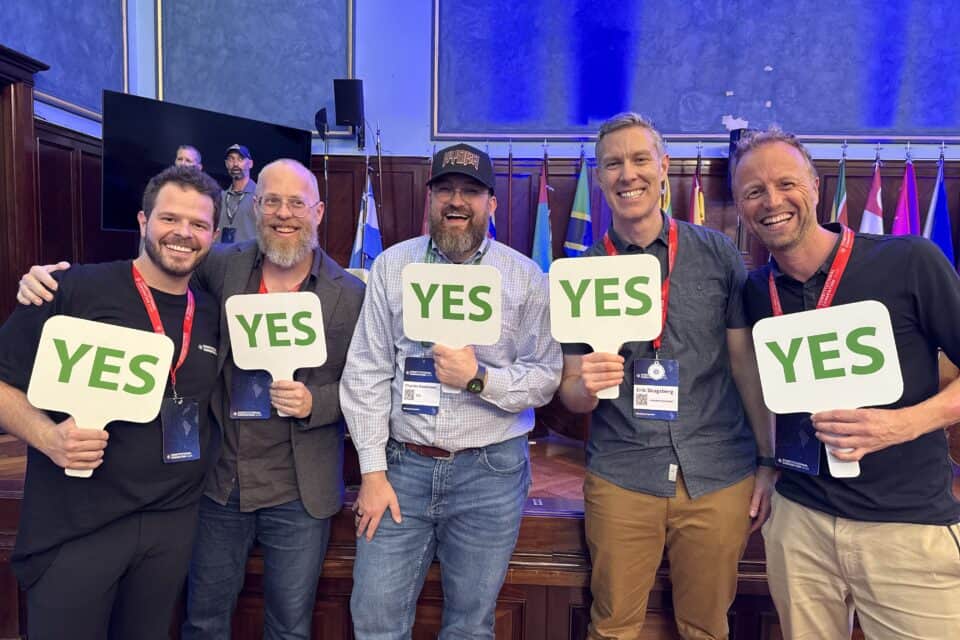
Control the Room Podcast: Douglas Ferguson speaks with Hailey Temple, Learning Experience Lead at MURAL, about injecting humanity into our meetings, widening the boundaries of your understanding, and creating spaces for all to flourish.
235 results found.

Control the Room Podcast: Douglas Ferguson speaks with Hailey Temple, Learning Experience Lead at MURAL, about injecting humanity into our meetings, widening the boundaries of your understanding, and creating spaces for all to flourish.

Table of contentsWhat’s a Design Sprint workshop?Why Should You Run a Design Sprint workshop?When Should You Run a Sprint?The Design Sprint ProcessWhat Do You Learn in a…

In this episode of the Facilitation Lab podcast, host Douglas Ferguson interviews Erin Warner, founder of Head + Heart Coaching and Facilitation. Erin shares her journey from traditional leadership training to interactive facilitation, emphasizing the power of peer learning, rituals, and the “flow channel” for team engagement. She discusses authentic facilitation, embodied practices, and her holistic “3D wellness” approach. Erin also explores how words and self-talk shape reality, encouraging leaders to foster connection, courage, and creativity. The episode highlights facilitation as a transformative tool for personal and collective growth in organizations and beyond.

AI is reshaping product management, requiring professionals to balance strategy, technical knowledge, and leadership. From managing the AI Product Development Lifecycle to understanding data limitations and biases, today’s Product Managers must master new skills. Explore how AI product management courses, workshops, and learning programs prepare leaders to design ethical, human-centered products that deliver business outcomes.

Tech leader Brian Buck shares how he shifted from being “the smartest person in the room” to designing rooms that are smart together. In this Voltage Control Facilitation Certification alumni story, he explains how bridging tech and business, embracing professional facilitation, and learning to trust the room helped him lead enterprise-level transformation, build psychological safety, and amplify others—especially in an AI-enabled world.

Inclusion isn’t just a value—it’s a leadership practice. First-time managers have a unique opportunity to shape culture, foster trust, and empower every team member. From addressing unconscious bias to promoting diverse voices, inclusive behavior starts with you. Ready to lead with purpose? Join Voltage Control’s facilitation certification and build greatness through difference.

In this Facilitation Lab Podcast episode, host Douglas Ferguson interviews Grace Losada, Vice President of Learning and Development at Change Enthusiasm Global. Grace shares how her early experiences in peer counseling, athletics, and performance arts shaped her facilitation style. The conversation explores creating safe, engaging environments for learning, the importance of shared language, and the art of scaling intimacy in large groups. Grace offers insights on embracing mistakes, fostering connection, and designing impactful experiences, emphasizing playfulness and agency. The episode highlights facilitation as both an art and a science, rooted in intentionality, collaboration, and authentic human connection.

New to management and prepping for your first big interview? This guide walks you through how to answer interview questions with clarity and confidence, using proven techniques like the STAR method, tailoring your responses to the job description, and navigating remote interviews with ease. Perfect for first-time managers looking to showcase leadership potential and align with company culture.

Creating a high-performing team goes beyond meeting deadlines—it’s about building a culture rooted in trust, collaboration, and purpose. For new managers, motivating employees and fostering team cohesion can be challenging but entirely achievable with the right mindset and tools. From easy team building activities like scavenger hunts and virtual escape rooms to consistent recognition and inclusive practices, this guide offers practical strategies to help you inspire your team and build strong, lasting connections—whether you’re leading in-person, hybrid, or remote teams.

Cardano’s Constitutional Convention, facilitated by Voltage Control, brought together over 1,400 participants across 50 countries to ratify a groundbreaking on-chain constitution. From hybrid workshops to large-scale global events, expert facilitation enables blockchain networks and crypto companies to maximize efficiency, harness diverse perspectives, and drive sustainable collaboration at scale.